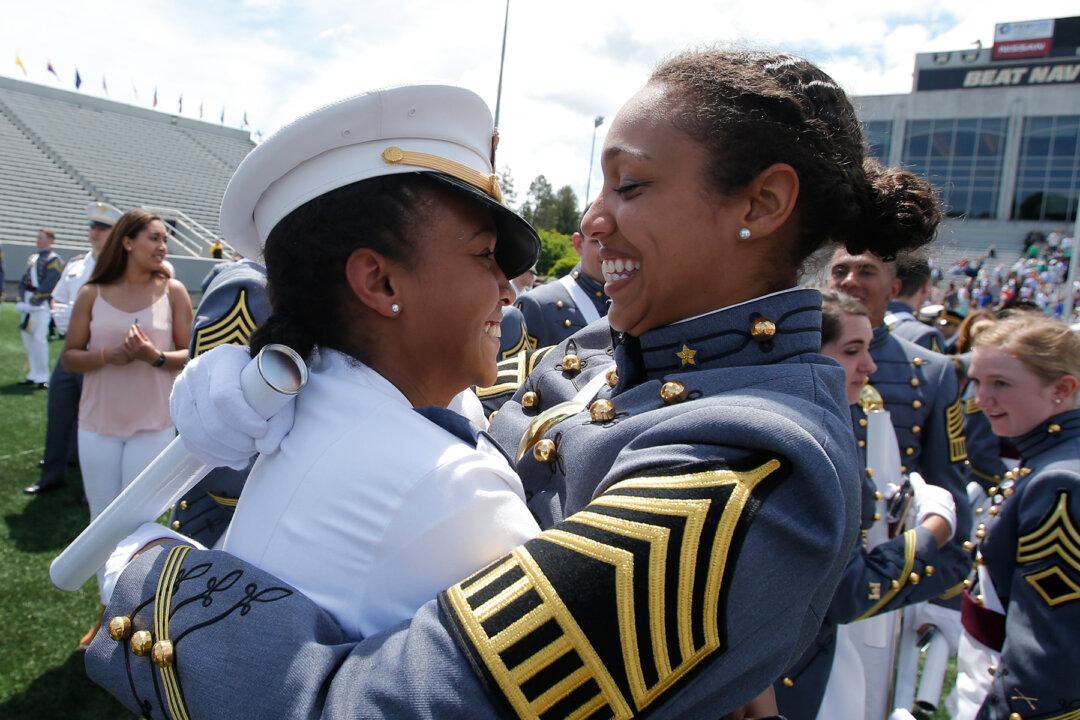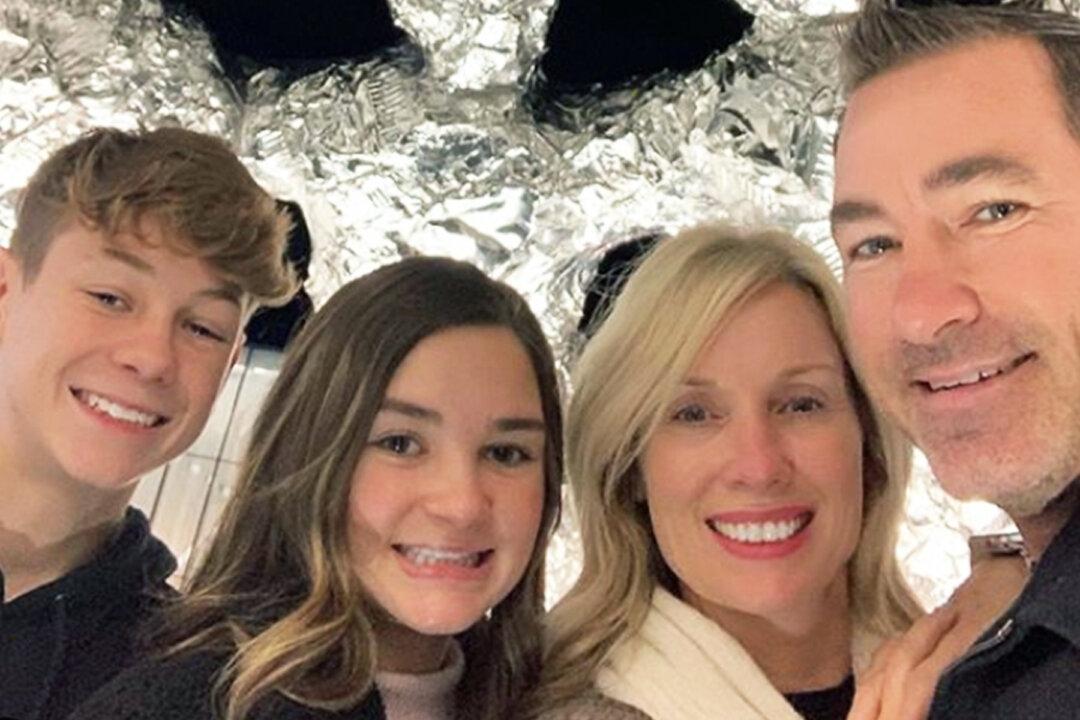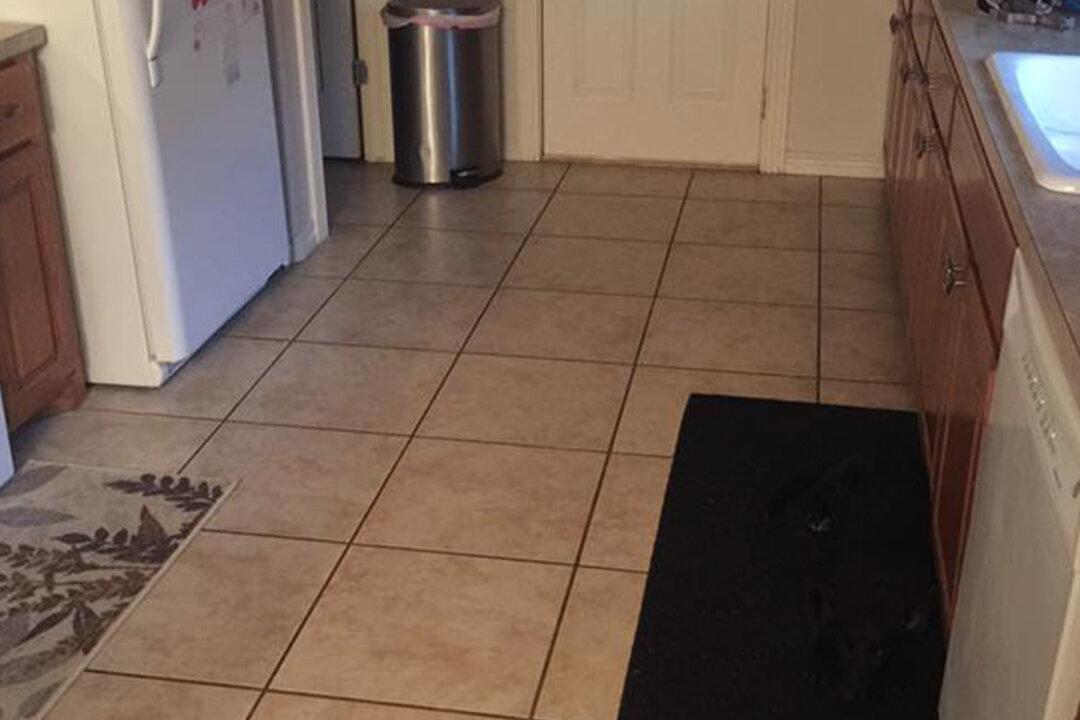There are few college experiences more prestigious than attending and graduating from West Point, the United States Military Academy in upstate New York.
The school, which accepts just 10 percent of all applicants, has been a source of pride for American families for generations. The academy didn’t start admitting women until 1976, though—and although the first black cadet attended West Point back in 1870, when former slave James Webster Smith broke the school’s color barrier in the immediate aftermath of the Civil War, it still remained a largely segregated institution for decades.




